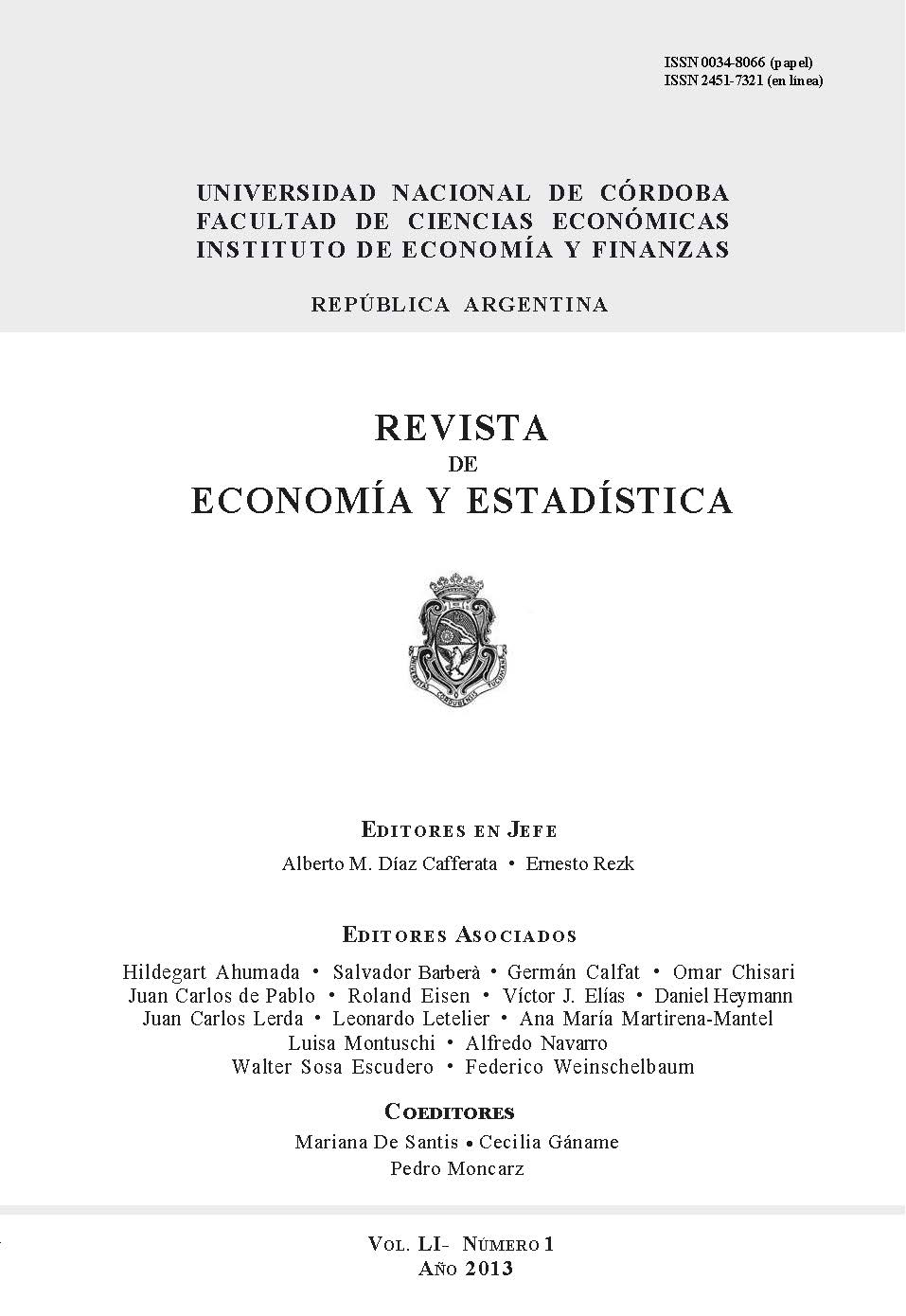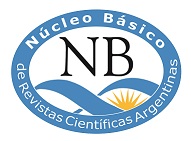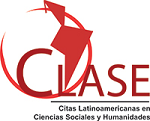An Interview with Carlos Daniel Heymann
DOI:
https://doi.org/10.55444/2451.7321.2013.v51.n1.11874Keywords:
Interview, Economists, Daniel HeymannAbstract
Carlos Daniel (but for everybody, Daniel) Heymann was born in Buenos Aires on December 30, 1949. He holds a degree in economics, and also in physics from Universidad de Buenos Aires (UBA), and a PhD in economics from the University of California, Los Angeles (UCLA). He teaches at the UBA, Universidad Nacional de La Plata and Universidad San Andrés. He taught at Universidad Nacional del Sur and in Universidad Torcuato Di Tella, also taught courses at Universidad Autónoma of Mexico, at UCLA and Lund (Sweden). Between the mid-1970s and 2010 he served in the office that the Economic Commission for Latin America (ECLA) has in Buenos Aires. Since October 2001 he is member of the National Academy of Economic Sciences (ANCE). He has authored or edited eight books and several dozen papers published both at home and abroad. A full CV is available on www.iiep-baires.econ.uba.arDownloads
Downloads
Published
Issue
Section
License
Copyright (c) 2013 Juan Carlos De Pablo

This work is licensed under a Creative Commons Attribution-NonCommercial-NoDerivatives 4.0 International License.
Authors who have publications with this journal agree to the following terms:
Authors retain their copyright and grant the journal the right of first publication of their work, which is simultaneously subject to the Creative Commons Attribution-NonCommercial-NoDerivatives 4.0 International License that allows third parties to share the work provided that its author and first publication in this journal are indicated.
Authors may adopt other non-exclusive licensing arrangements for distribution of the published version of the work (e.g. depositing it in an institutional telematic archive or publishing it in a monographic volume) as long as the initial publication in this journal is indicated.
Authors are allowed and encouraged to disseminate their work via the Internet (e.g. in institutional telematic archives or on their website) before and during the submission process, which can lead to interesting exchanges and increase citations of the published work. (See The Open Access Effect)










